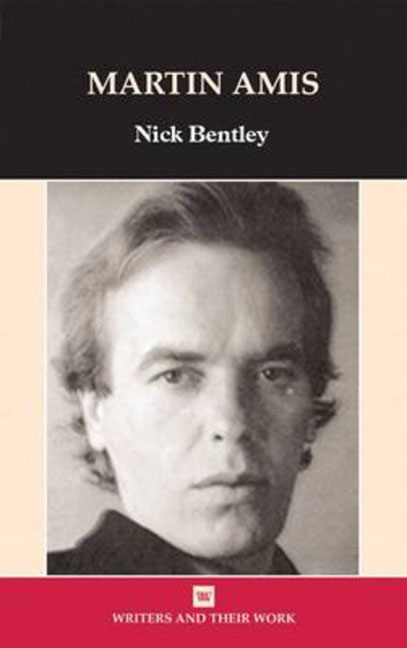Book contents
- Frontmatter
- Dedication
- Contents
- Acknowledgements
- Biographical Outline
- Abbreviations
- Introduction
- 1 Amis and Father: The Rachel Papers and Experience
- 2 Class Acts: Dead Babies and Success
- 3 Metafictional Mysteries: Other People and Money
- 4 Millennial Fictions: London Fields and Time's Arrow
- 5 Mid-Life Crises: The Information and Night Train
- 6 The Wild Dogs: Yellow Dog and House of Meetings
- 7 Cast of Crooks: The Pregnant Widow and Lionel Asbo
- Notes
- Select Bibliography
- Index
6 - The Wild Dogs: Yellow Dog and House of Meetings
- Frontmatter
- Dedication
- Contents
- Acknowledgements
- Biographical Outline
- Abbreviations
- Introduction
- 1 Amis and Father: The Rachel Papers and Experience
- 2 Class Acts: Dead Babies and Success
- 3 Metafictional Mysteries: Other People and Money
- 4 Millennial Fictions: London Fields and Time's Arrow
- 5 Mid-Life Crises: The Information and Night Train
- 6 The Wild Dogs: Yellow Dog and House of Meetings
- 7 Cast of Crooks: The Pregnant Widow and Lionel Asbo
- Notes
- Select Bibliography
- Index
Summary
‘And how weary it was, how sick and tired. For this, that. For that, this’ (YD 337)
Amis's work in the early to middle part of the 2000s shows him exploring the related themes of masculine violence, revenge and the dehumanizing of aspects of political systems and contemporary culture. Looming over much of this writing is Amis's response to the terrorist attacks on the World Trade Center and the Pentagon of 11 September 2001. What seems to emerge from this period is a reassessment of the moral and ethical approach of his fiction writing, and arguably a move away from the postmodern playfulness of his earlier novels and towards a greater sense of realism.
Yellow Dog is Amis's first twenty-first-century novel, and it takes as its themes several cultural anxieties of the new millennium. Specific targets for his satire are the British tabloid press and its celebration of sex, sport and violence (both public and domestic); the royal family; and the porn industry. The novel is an exploration of masculinity in a post-feminist world, an examination of the abuses of patriarchal power (especially through the theme of incest), and the way contemporary culture reflects a crisis of masculinity through the valorization of sex and violence. As is typical with Amis's fiction, the novel is populated with a series of grotesques, for example Clint Smoker, the stereotypically unscrupulous tabloid journalist, and Xan Meo, an actor who reverts to a model of primitive masculinity after being physically attacked by the henchmen of a London gangster with the unlikely name of Joseph Andrews. The novel sees a return to the physical environment of Money, London Fields and The Information, and has qualities of symbolic patterning that match the best of Amis's writing. There is, however, a greater desire to establish a moral centre in this novel, a position that was rejected (or at least remained ambiguous) in the earlier trilogy of London novels.
This moral turn is also pursued in two books from this period that address the history and politics of twentieth-century Russia: Koba the Dread: Laughter and the Twenty Million (2002) and House of Meetings (2006).
- Type
- Chapter
- Information
- Martin Amis , pp. 86 - 101Publisher: Liverpool University PressPrint publication year: 2010



